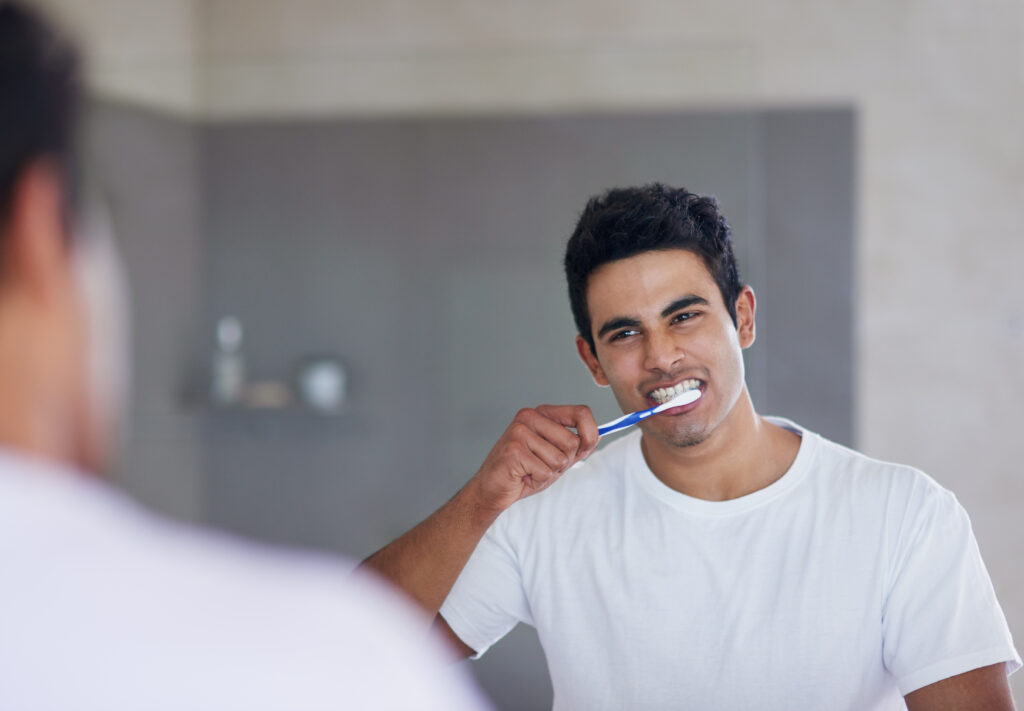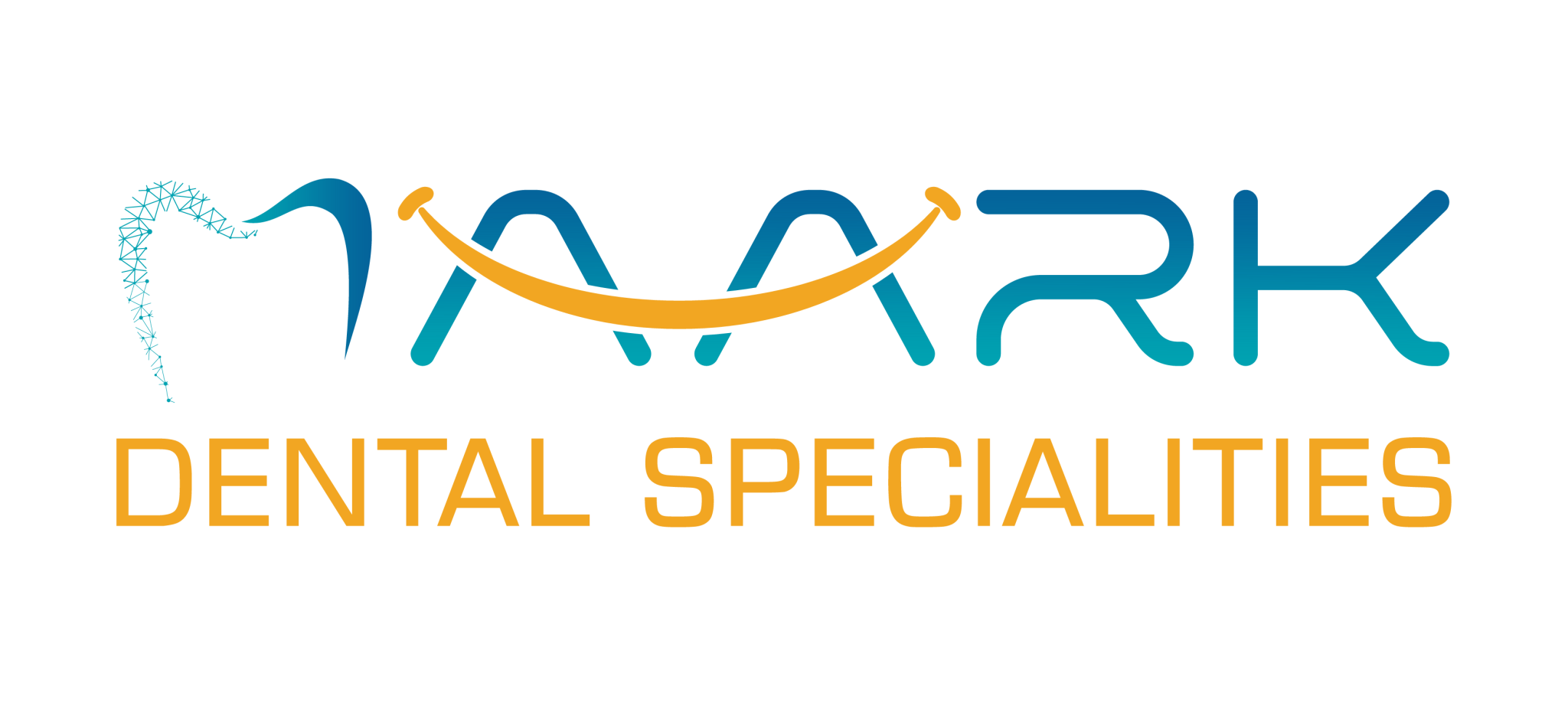Improved Oral Hygiene

Your Daily Routine for a Healthy Smile
Effective oral hygiene practices at home play a vital role in preventing dental problems and maintaining optimal oral health. By adopting a daily routine that includes proper brushing, flossing, and using mouthwash as recommended by your dentist, you can effectively control plaque buildup, reduce the risk of tooth decay, and protect your gums from gum disease. Consistency in your oral hygiene practices is key to achieving a healthy and radiant smile.
The Components of Effective Oral Hygiene:
- Brushing: Regular brushing is the foundation of a healthy oral hygiene routine. It is recommended to brush your teeth at least twice a day, preferably in the morning and before bedtime. Use a soft-bristle toothbrush and fluoride toothpaste to gently remove food particles, plaque, and bacteria from the surfaces of your teeth. Brushing should be thorough and include all tooth surfaces, including the fronts, backs, and chewing surfaces.
- Flossing: Flossing is an essential step in your daily oral care routine. Dental floss allows you to clean between your teeth and along the gumline, where a toothbrush may not reach effectively. Flossing should be done at least once a day to remove trapped food particles and plaque. Proper flossing technique involves gently sliding the floss between your teeth and curving it around each tooth to clean both sides.
- Mouthwash: Mouthwash, or mouth rinse, can be a valuable addition to your oral hygiene routine when recommended by your dentist. It can help rinse away debris, kill bacteria, and freshen your breath. Your dentist may suggest a specific type of mouthwash based on your oral health needs, such as fluoride mouthwash for added cavity protection or an antimicrobial rinse for gum health.
Benefits of Improved Oral Hygiene:
- Preventive Care: Effective oral hygiene practices at home are the foundation of preventive dental care, reducing the risk of dental problems like cavities and gum disease.
- Fresh Breath: Proper oral hygiene helps maintain fresh breath by eliminating the bacteria responsible for bad odors.
- Gum Health: Regular flossing and brushing along the gumline are essential for gum health, reducing the risk of gum disease and gum inflammation.
- Whiter Teeth: Removing surface stains and preventing plaque buildup can contribute to a brighter and whiter smile.
- Overall Well-Being: Good oral hygiene is linked to overall health and well-being, as it can reduce the risk of systemic health issues associated with gum disease.
Tips for Effective Oral Hygiene:
- Choose the Right Tools: Select a soft-bristle toothbrush and fluoride toothpaste approved by your dentist. Consider using dental floss, floss picks, or interdental brushes to clean between your teeth effectively.
- Proper Technique: Brush for at least two minutes, making sure to cover all tooth surfaces. Angle your toothbrush at a 45-degree angle towards the gumline for effective cleaning. Be gentle to avoid damaging your tooth enamel and gums.
- Regular Dental Check-Ups: Schedule regular dental check-ups and cleanings with your dentist or dental hygienist to ensure that your oral health is monitored and any issues are addressed promptly.
- Dietary Choices: Limit sugary and acidic foods and beverages, as they can contribute to tooth decay and enamel erosion.
By integrating improved oral hygiene practices into your daily routine and seeking guidance from your dentist, you can maintain a healthy and beautiful smile while reducing the risk of dental problems. Your dedication to oral hygiene is an investment in your overall well-being and quality of life.


